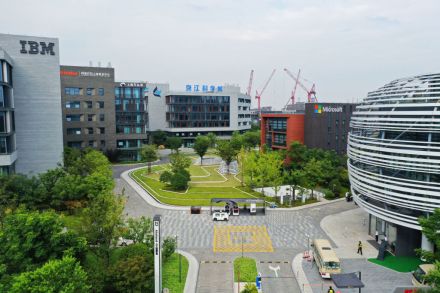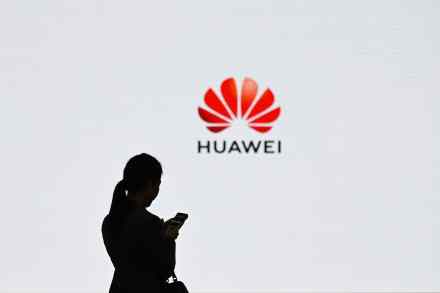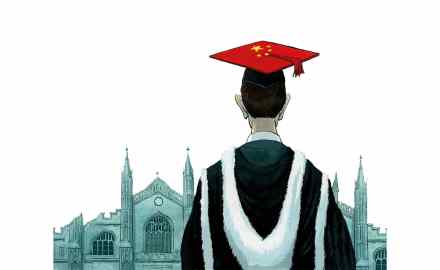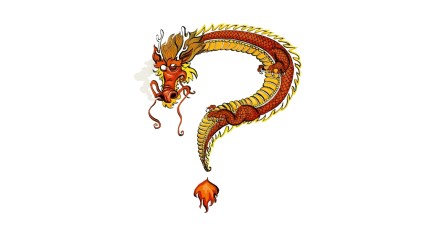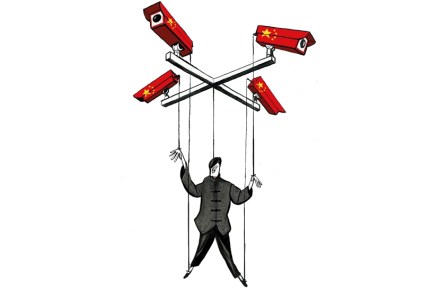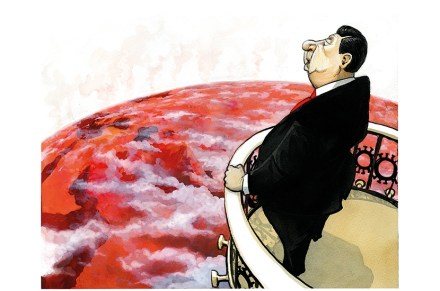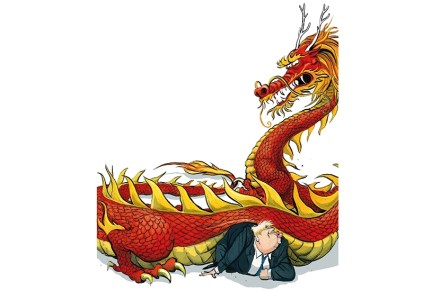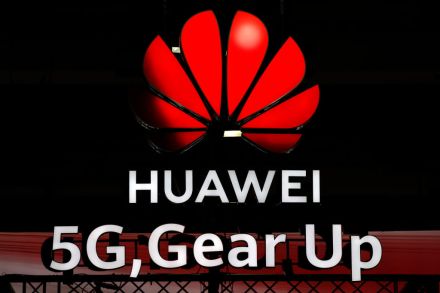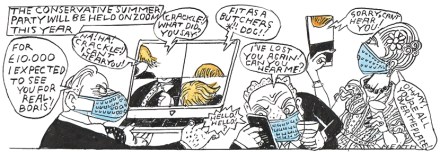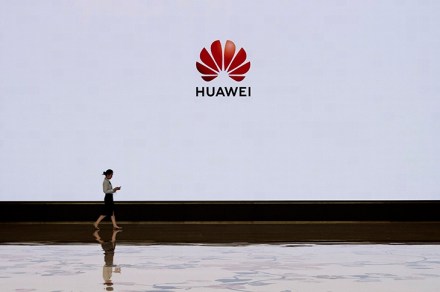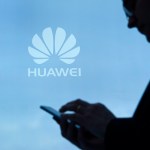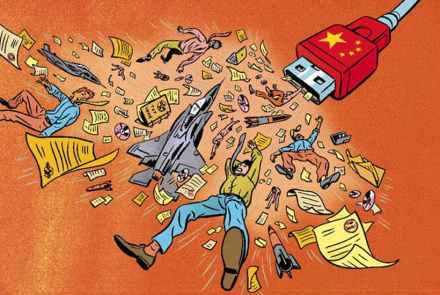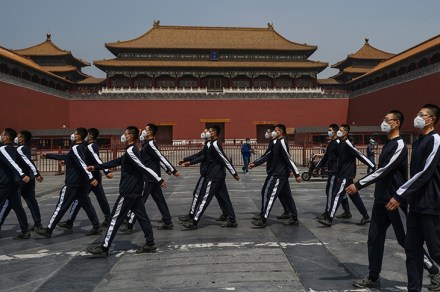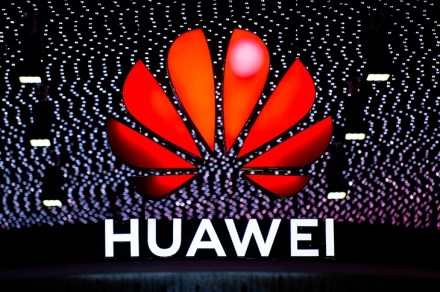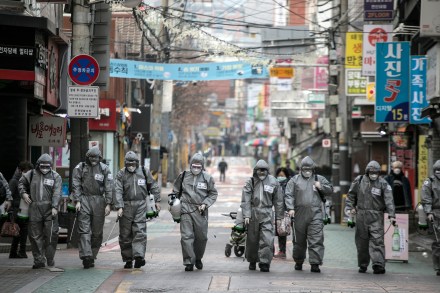How China is quietly cutting out American tech
32 min listen
Last week, President Joe Biden finally signed into law a bill that would take TikTok off app stores in the US, eventually rendering the app obsolete there. This is not the end of the saga, as TikTok has vowed to take legal action. In the US, the drive to decouple from Chinese tech continues to rumble on. In this episode, we’ll be taking a look at the reverse trend – the Chinese decoupling from American tech. It’s a story that tends to go under the radar in light of bans and divestments from the US, but you might be surprised at how much China is cutting out American tech too
